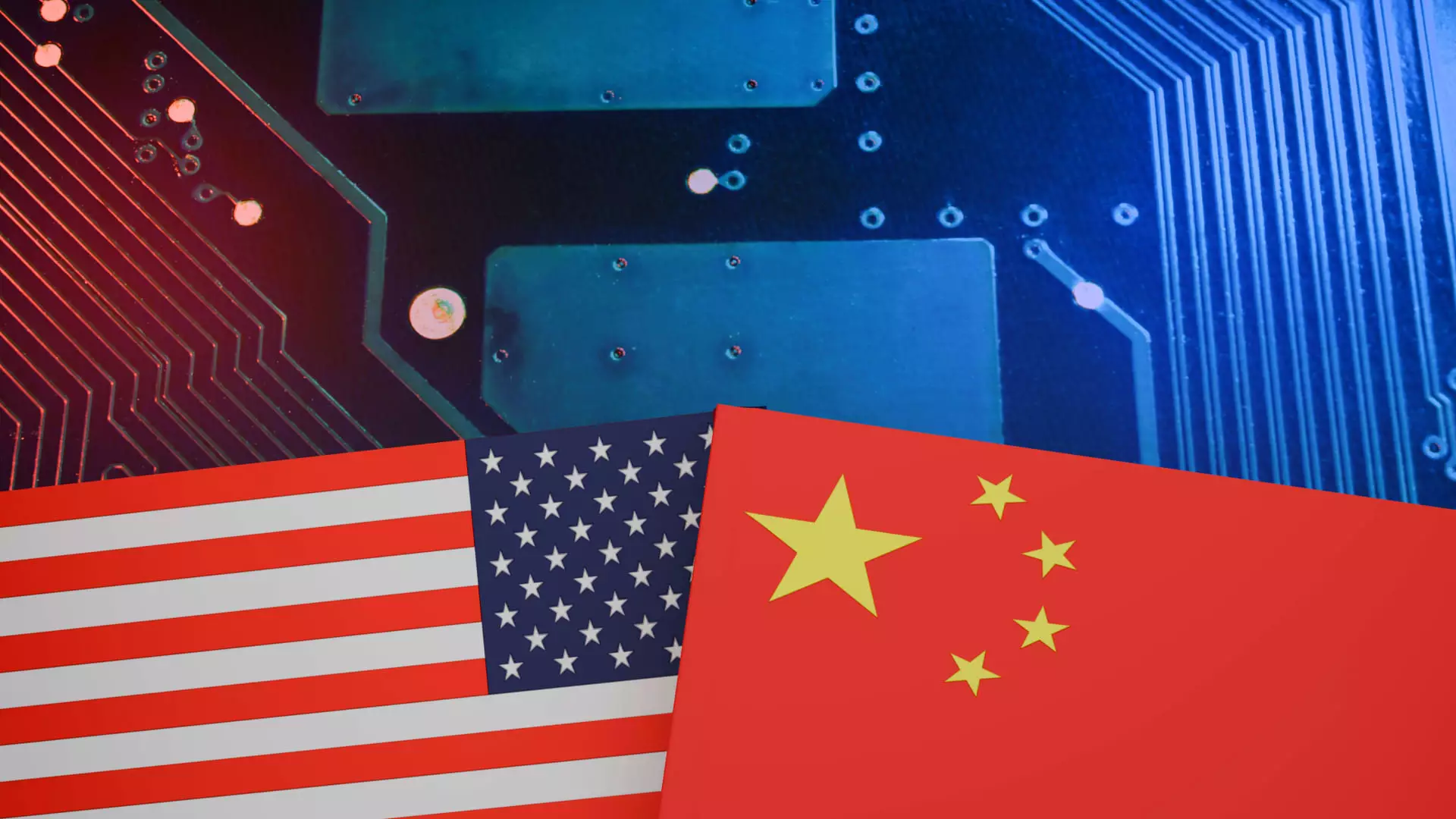China’s recent decision to phase out U.S. processors in government computers and servers has sparked concerns in the tech industry. The new guidelines, unveiled on December 26, come as part of China’s push to bolster its domestic semiconductor industry and reduce reliance on foreign technology. This move will have a significant impact on major U.S. tech companies such as Intel, AMD, and Microsoft.
According to the Financial Times, Chinese government agencies above the township level have been instructed to purchase “safe and reliable” processors and operating systems. This effectively blocks chips from Intel and AMD, as well as Microsoft’s Windows operating system. The guidelines also favor Chinese alternatives to foreign-made database software. The enforcement of these guidelines marks a crucial step in China’s efforts to strengthen its semiconductor industry.
Both AMD and Intel declined to comment on the report, indicating the sensitive nature of the situation. The U.S. tech giants are likely evaluating the potential impact of China’s decision on their businesses and exploring alternative strategies to mitigate any losses. The shift away from U.S. processors could have far-reaching consequences for these companies in the Chinese market.
The semiconductor industry has become a battleground in the ongoing technology war between the U.S. and China. The U.S. has implemented export restrictions to limit Beijing’s access to key semiconductor equipment and technologies. This has led to a series of retaliatory measures from China, culminating in the recent guidelines phasing out U.S. processors in government systems. The geopolitical implications of these moves could have broader ramifications for global tech supply chains.
China’s efforts to boost its domestic semiconductor industry have gained momentum in recent years, with a particular focus on developing advanced chip manufacturing capabilities. The U.S.-led tech embargo has inadvertently spurred growth in China’s chip equipment manufacturing sector. Major Chinese equipment makers have reported a significant increase in revenue, highlighting the impact of geopolitical tensions on the semiconductor industry.
China’s decision to phase out U.S. processors in government computers represents a significant development in the ongoing tech rivalry between the U.S. and China. While the immediate impact on U.S. tech companies remains uncertain, the broader implications for the semiconductor industry and global supply chains are likely to be profound. As China continues to prioritize self-sufficiency in semiconductors, the dynamics of the industry are poised for further transformation in the coming years.


Leave a Reply